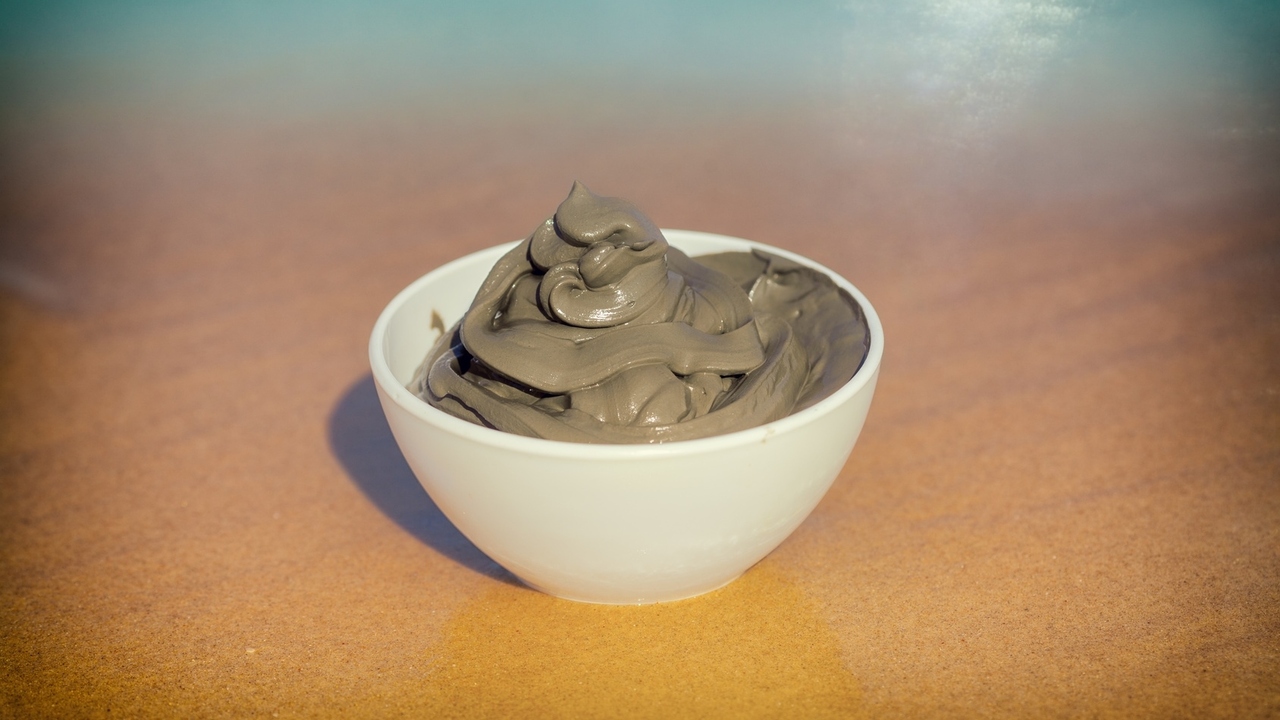 Lucy Schaeffer
Lucy Schaeffer
Sponsored by: AbbVie Inc.
Few people have a first name that describes them so well. Joy Bauer has genuine joy in her voice and passion for her work, which has helped her to become a best-selling author, a Today Show contributor, and one of America’s favorite nutritionists.
Joy recently developed a nutrition guide for people with exocrine pancreatic insufficiency (EPI) and brought EmpowHER up to speed. That included talking about why good nutrition is critical and what part of the body she considers to be “the front line of good health.”
We decided to start with the basics around EPI.
Q:
A:
EPI, short for exocrine pancreatic insufficiency, is a medical condition that occurs when the pancreas doesn’t produce enough digestive enzymes — the critical proteins that help your body break down carbohydrates, proteins and fats in your food and convert them into nutrients.
The symptoms of EPI may include frequent diarrhea, unexplained weight loss, gas, bloating, frequent bowel movements and stomach pain.
Symptoms can be similar to other gastrointestinal, or GI, disorders. This can make EPI a difficult condition to diagnose.
Having an open and honest conversation with your doctor is the only way to determine if EPI is the cause of your symptoms and to identify an overall treatment plan that is right for you.
To learn more about EPI, www.identifyepi.com is a great resource.
Q:
A:
EPI is commonly associated with certain diseases and conditions that affect the pancreas, such as chronic pancreatitis, cystic fibrosis, pancreatectomy, gastrointestinal surgery, pancreatic cancer and diabetes.
Q:
A:
The symptoms of EPI are common GI symptoms, which may include frequent diarrhea, unexplained weight loss, gas, bloating, frequent bowel movements and stomach pain.
Because these symptoms are similar to those associated with more common GI conditions, it might be more difficult to diagnose EPI. It is therefore important to be open with your doctor and provide as much detail as possible.
Q:
A:
Good nutrition is especially critical for people living with diseases that affect their gastrointestinal system, because their ability to absorb nutrients properly may be compromised.
I developed these nutrition tips and sample recipes for people who have EPI to be paired with the overall treatment plan prescribed by a doctor.
I think that this information will be useful to patients that may not be aware of nutrition resources available to them.
People living with EPI can use this online resource to find out more about this condition, as well as uncover nutrition tips and easy-to-prepare recipes.
Q:
A:
I like to think of the gastrointestinal tract as the front line of good health because it is where your body takes in the essential vitamins and minerals it needs to feel good and stay healthy.
As a result, ensuring that you are getting good nutrition is one of the most important things you can do for your body. This is especially true for people living with conditions that affect their GI system like EPI, because their ability to absorb nutrients properly may be compromised.
When paired with the overall treatment plan prescribed by a doctor, my nutrition tips and sample recipes are designed to help people with EPI learn how to get nutrition from the foods that they eat.
If you have EPI due to cystic fibrosis, be sure to speak to your doctor first, as these tips and recipes may not be appropriate for your treatment plan.
Q:
A:
Eat less, more frequently. The frequency and size of your meals is just as important as sticking to the right foods. Switching to a schedule of five or six “mini meals” a day may help with digestion.
Vitamins are important. If you have EPI, your doctor may prescribe specific vitamin and mineral supplements to ensure you’re absorbing appropriate amounts.
Stay hydrated. Getting plenty of fluids throughout the day and avoiding alcohol are important steps in preventing dehydration, which can impact gastrointestinal symptoms.
Keep track of your GI symptoms. Observe how your symptoms correspond with what you eat and keep detailed notes on any patterns you notice. It is important to share these findings with your doctor and registered dietitian as doing so can help them identify the cause.
Avoid smoking. People with EPI should not smoke tobacco as doing so can exacerbate damage to your pancreas and also cause many other complications, such as heart disease and some cancers.
Q:
A:
In order to be properly diagnosed, anyone experiencing regular digestive issues should first prioritize having a thorough conversation with a doctor about their symptoms.
Any medication or dietary changes you initiate on your own may just exacerbate or mask the symptoms. This can make it more difficult for a physician to properly identify the cause and develop a treatment plan if you do in fact have a serious medical condition.
To learn more about EPI and how to maintain a healthy diet if you have the condition, check out Joy’s nutrition guide.
Reviewed September 7, 2016
by Michele Blacksberg RN
Edited by Jody Smith






Add a CommentComments
There are no comments yet. Be the first one and get the conversation started!